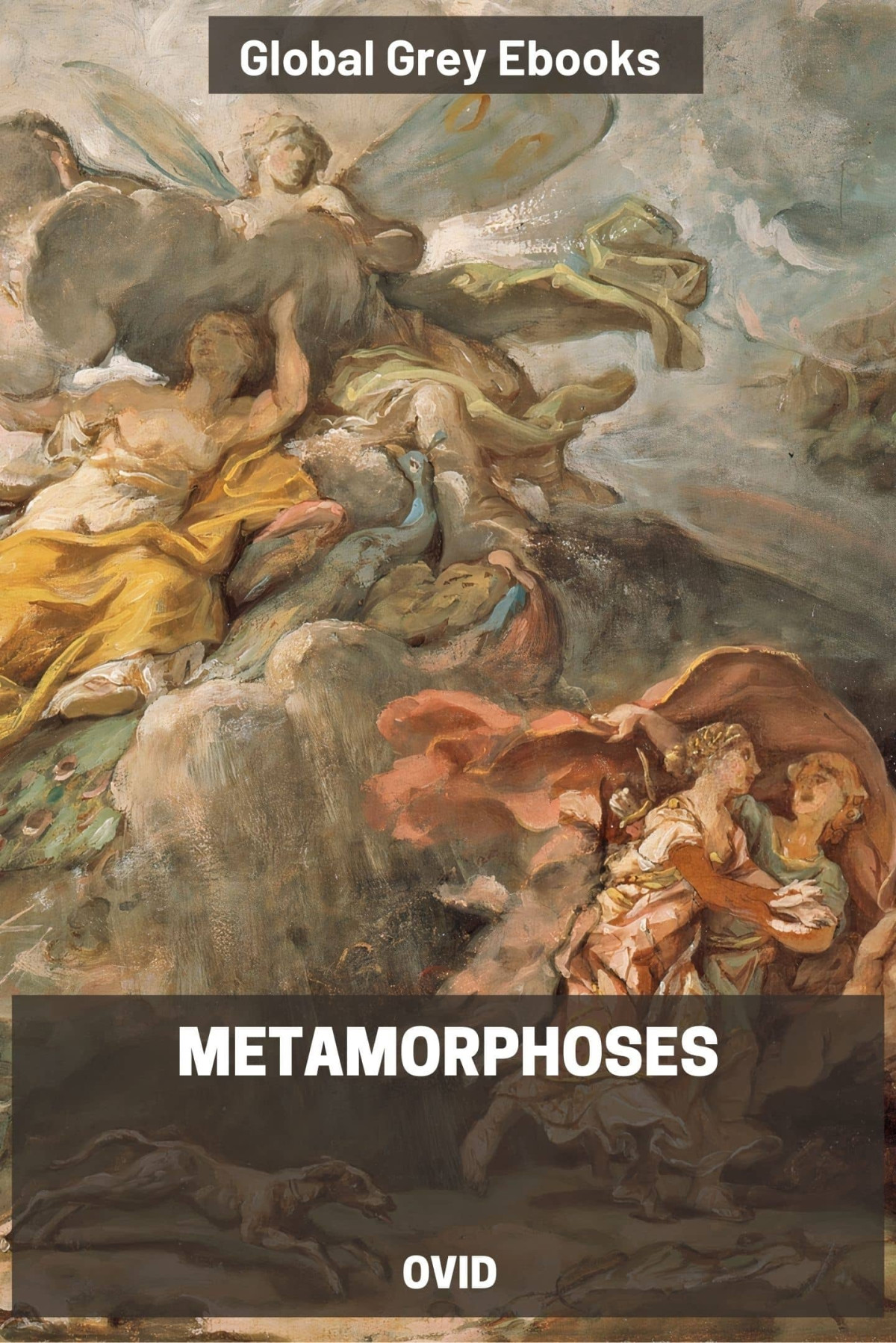

Most ebook files are in PDF format, so you can easily read them using various software such as Foxit Reader or directly on the Google Chrome browser.
Some ebook files are released by publishers in other formats such as .awz, .mobi, .epub, .fb2, etc. You may need to install specific software to read these formats on mobile/PC, such as Calibre.
Please read the tutorial at this link: https://ebookbell.com/faq
We offer FREE conversion to the popular formats you request; however, this may take some time. Therefore, right after payment, please email us, and we will try to provide the service as quickly as possible.
For some exceptional file formats or broken links (if any), please refrain from opening any disputes. Instead, email us first, and we will try to assist within a maximum of 6 hours.
EbookBell Team

5.0
30 reviewsThe Metamorphoses is a Latin narrative poem by Ovid, a Roman poet who lived during the reign of Augustus. One of the most important sources of classical mythology, Metamorphoses is a chronicle of the history of the world (from it's creation to Julius Caesar) with a historical-mythological framework. It has inspired authors such as Dante Alighieri, Giovanni Boccaccio, Geoffrey Chaucer, and William Shakespeare and is considered to be Ovid's magnum opus. With an overall theme of love, Ovid's work tends to elevate humans over the gods, with him frequently mocking the latter. Divided into fifteen books, The Metamorphoses contains over 250 myths, covering the Creation, the ages of mankind, the diverse mythology of gods and goddesses such as Mercury, Bacchus, Diana, Apollo, and Jupiter, the expedition against Troy and it's subsequent fall, the doctrines of Pythagoras, the deification of Julius Caesar - and lots more.
The stories within the book have spawned numerous paintings and sculptures, particularly during the Renaissance. Over 2,000 years since being written, and The Metamorphoses remains one of the most influential works in Western literature and culture.
This book has 129,856 words. This translation by Samuel Garth was originally published in 1717.